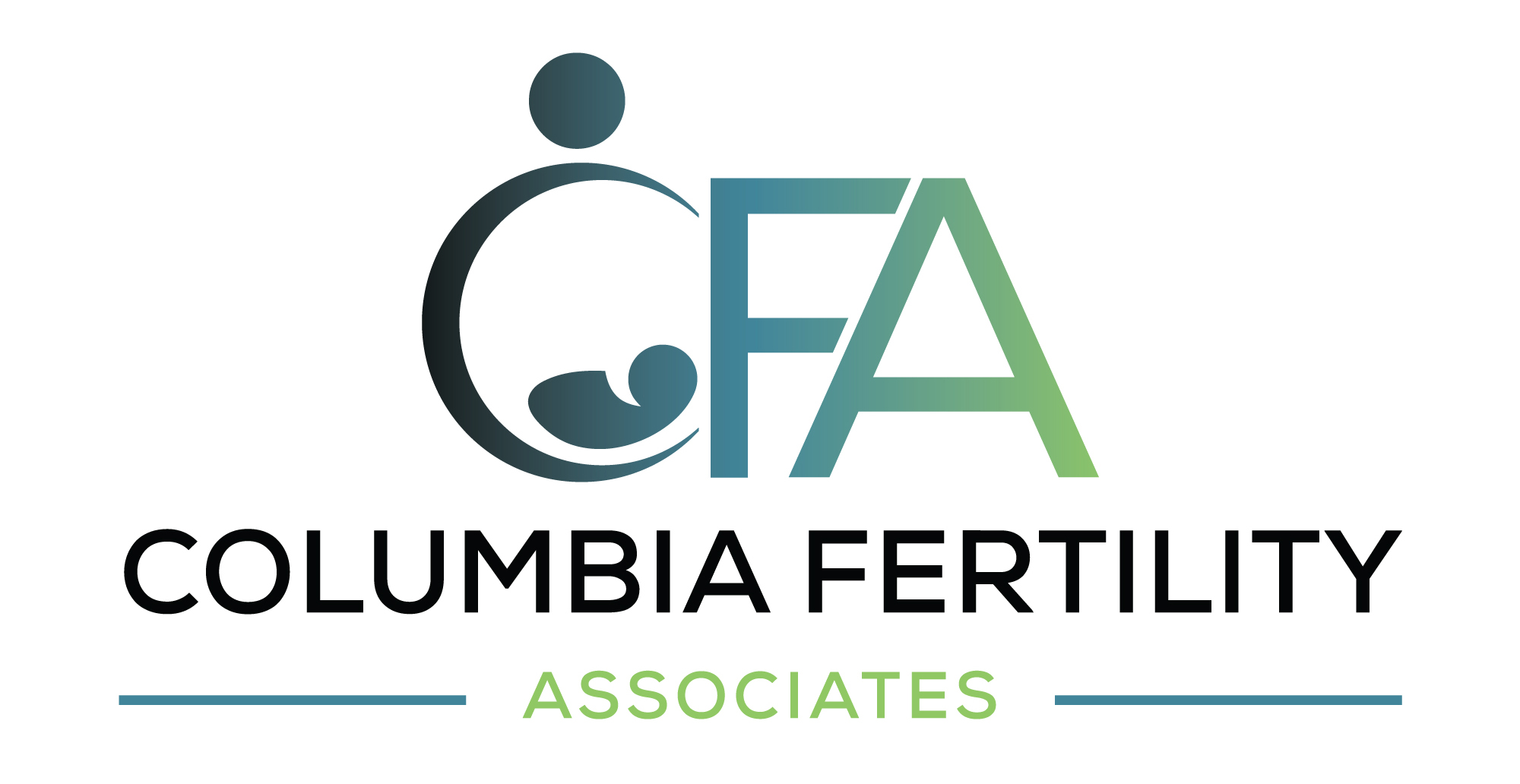Whether you’re driving or training across country or flying around the world, traveling when you’re in the middle of fertility treatments requires planning and preparation. Start your prep by talking to your expert OB/GYN at Columbia Fertility Associates to find out where you are in your cycle and which medications you’ll need to pack for your trip.
Call your airline
Different airlines have varying requirements for transporting medications and medical supplies, especially if you’re traveling internationally. Be safe and knowledgeable by calling well in advance of your trip, so you know what to expect.
Arrange for refills
If you’re likely to run out of meds on your trip, either get your refills ahead of time, or locate a pharmacy near your destination that can refill them when needed. Let us know if you might need us to call in a prescription for you.
Call your insurance company
Alert your insurance company about where you’ll be traveling and get recommendations for emergency care. Find out if your coverage extends to your travel areas.
Make sure you have supplies
Your meds may not be enough, if you don’t have the supplies for proper and safe administration. If you need alcohol, gauze, cotton balls, or other supplies, buy them well ahead of time so you’re not rushing to find them at the last minute.
Get a sharps container
If you’re injecting medications, buy a portable sharps container so you can dispose of your syringes safely. When staying in households with small children, be extra careful with your discarded syringes.
Pack your meds in a carry-on
Never put your fertility medications in checked luggage; it’s notorious for getting lost. Carry your medication in your carry-on bag, packaged in clear plastic baggies.
Arrive early for baggage screening
To be sure you have enough time to answer Transport Security Administration (TSA) questions, arrive at the airport earlier than advised, so you can stay relaxed and make your flight.
Tell the TSA what’s going on
As soon as you meet a TSA agent, let them know that you’re in the middle of fertility treatments and are carrying medications and supplies, including syringes.
Ask for an X-ray exemption…
If your OB/GYN informs you that your medications shouldn’t go through an X-ray process, let the TSA know immediately. The agents can then take steps to ensure the safety and validity of your medical supplies without the need for X-rays.
… but don’t worry about the X-rays
If you’re nervous that an X-ray could disrupt a newly implanted embryo, you shouldn’t be. The TSA uses advanced imaging technology that uses non-ionizing electromagnetic waves, which are reflected off your body. If it makes you feel better, though, you can request a private, pat-down screening.
You can have more than 3.4 ounces
While cosmetic creams and lotions must adhere to the 3.4-ounce rule, the TSA allows you to bring larger-sized medications with you in your carry-on bag. Medications are also exempt from the 3-1-1 rule (3-ounce supplies in 1 bag that’s no more than 1 quart).
You can bring a freezer pack
Fertility drugs often require refrigeration. Pack these in a cooler with a freezer pack. The freezer pack is also exempt from TSA volume regulations.
If you’re traveling by car, you can use a larger cooler with ice to keep your meds at an ideal temperature, if you wish. Just be sure your meds and supplies are in a waterproof case.
Declare your medical tools
If you have syringes or IV supplies, you can bring them on the plane, too. Just keep everything in their original packaging so that their purpose is clear. Inform the TSA about all of your supplies and their purposes.
Phone ahead to be sure
About 72 hours before your flight, call the TSA to be sure that you understand the procedures for medication and are in compliance. You can reach them at (855)787-2227 on weekdays, 8am-11pm ET and weekends/holidays, 9am-8pm ET.
To set up a pre-travel fertility consultation at Columbia Fertility Associates, give us a call or click the button to use the online form. Bon voyage and happy holidays!








